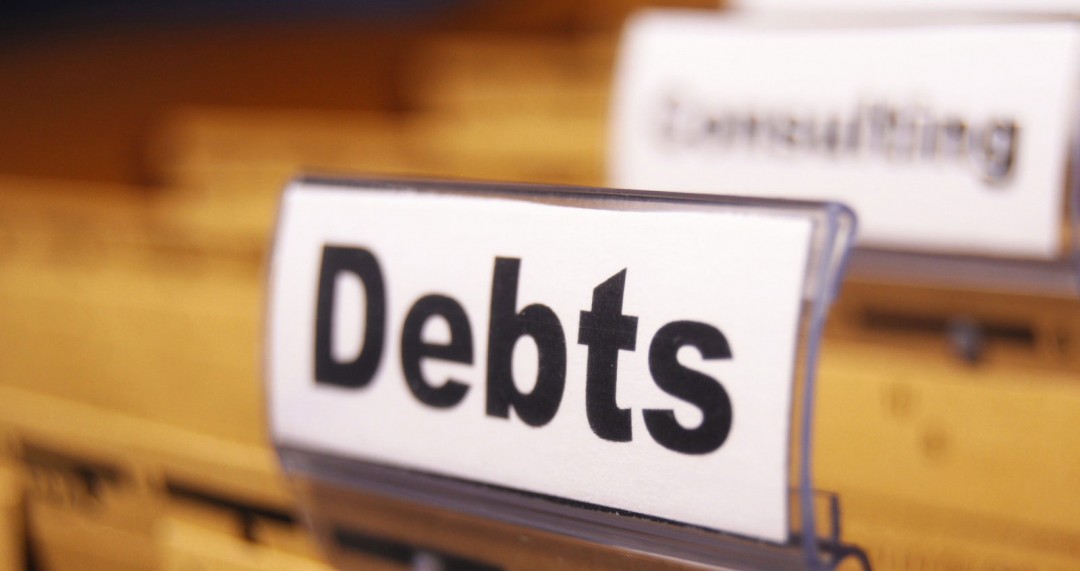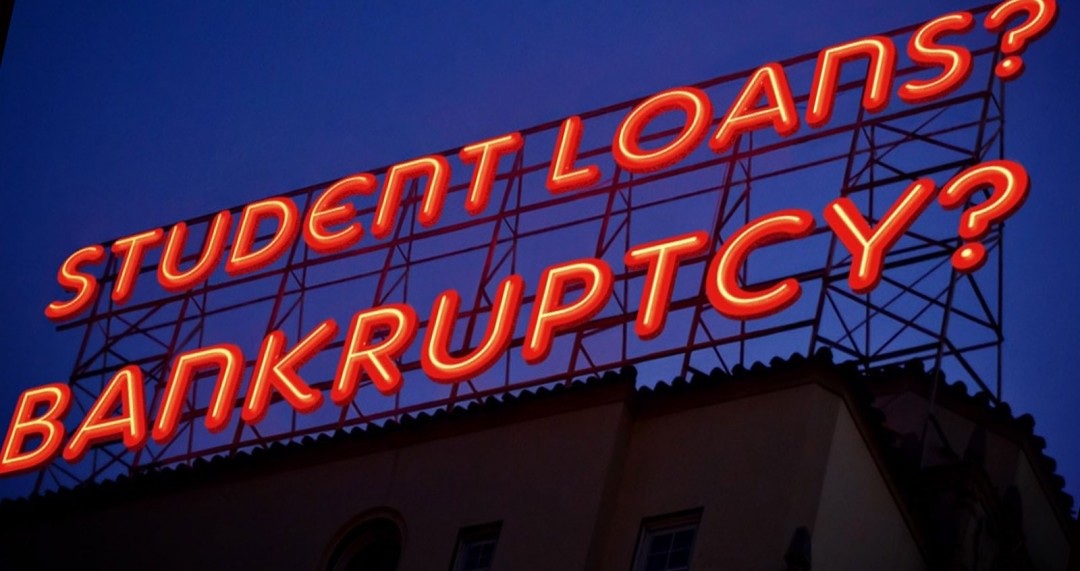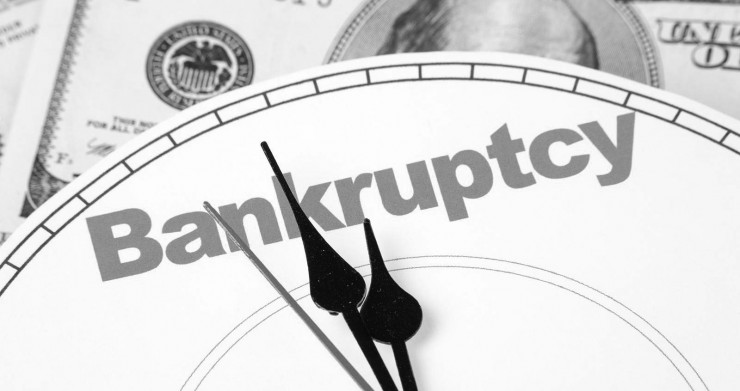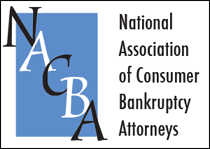Can Bankruptcy Remove Student Loan Debt?
Having debt is a burden to anyone. If you are dealing with high amounts of credit card debt, medical debt, and student loan debt, you might consider bankruptcy. Will bankruptcy discharge student loan debt? This is something that has been questioned for years. Here are some things you need to know about Chapter 7 and Chapter 13 bankruptcy, and how it will handle student loan debt.
Hardship
Meeting with an attorney is the best way to figure out what you can do about your financial hardships. There are several solutions available for people seeking to discharge their debts. To have your student loan debt discharged, you need to declare undue hardship. Different courts will need to review your hardship situation to determine if student loan debt can be discharged. If you have a low income, you have a greater chance of getting your student loan debt discharged. It is important to know that most courts are hesitant to discharge student loan debt.
The Brunner Test
One of the things people will undergo to determine if they can discharge student loan debt is to undergo the Brunner test. This test will determine if you meet certain standards including the following:
- Poverty. This test helps the courts to know about your current income and expenses. Can you maintain a standard of living for yourself and your dependants? If the court forces you to repay your loans, will you be able to afford it with your current income?
- Persistence. Will your current financial position continue for several years? The court needs to determine if you can continue with a repayment period for several years based on your job.
- Good faith. Have you made good faith efforts to repay your student loans?
Usually the courts will say you can pay or you cannot pay. To them it is an all or nothing situation to pay your student loan debt.
Totality of the Circumstances Test
Certain courts will use a test called the totality of the circumstances. This court will look at the relevant factors in your case to see if you can repay your student loan debt. You must show your loan began more than seven years ago and repaying the debt will be a financial burden to your life. Some courts enroll you in a payoff strategy to reduce the student loan debt burden, but this can still have a large financial burden on your life.
Meeting with An Attorney
The best thing you can do is meet with an attorney to talk about your situation. The bankruptcy courts differ in each area. A local bankruptcy attorney will help you determine if you can afford to repay the student loans, or if you can qualify to have them discharged through bankruptcy.
Filing with Bankruptcy Court
To discharge your student loan debt, you need to file a formal complaint with the bankruptcy court. This form is called a Complaint to Determine Dischargeability. You then need to prove to the court that you cannot pay off your debt and you are dealing with undue financial hardship due to the debt.
Finding Defenses
Several attorneys will work hard to find a defense to help you discharge your debt. Certain defenses often include deceptive business practices or fraud on the part of the school. Several trade schools and vocational schools often deceive people to get them enrolled in the school. If you succeed with this defense, you will be able to get rid of the student loan debt. In most cases, an attorney can help to bring you a successful outcome when you are dealing with student loan bankruptcy or bringing a defense to the loan.
Are All Student Loan Debts Discharged?
What will happen if the court doesn’t discharge your student loan debts? There are several things that will happen after this point. In Chapter 7 bankruptcy, if the courts deem your student loan debt is not causing undue hardship, you are still responsible for them when the case ends. With Chapter 13 bankruptcy, you can have alternative ways to repay the student loan debt. A reduced payment amount is the most common agreement for student loan debt repayment. You will be given a repayment plan, and then you are held to the complete payment left once the payment plan ends. Your attorney can help you work with the banks to figure out the best situation to help you properly repay your student loan debt so that it doesn’t lead to increased financial hardship.
Other Ways to Handle Student Loan Debt
If the student loan debt is the main issues causing you financials stress, there are some other things you can do. Contact the lender directly to negotiate a new payment agreement. Most banks are willing to extend the loan term to allow for a smaller monthly payment. This is a great way to keep the payments affordable for your situation. The other thing you can try doing it calling a debt consolidation company. This is a non-bankruptcy method to deal with student loan debt as they help to negotiate for a lower amount to repay the debt. Not all banks are willing to accept a lump sum payment, so it is essential to do what you can to focus on repaying the debt as quickly as possible.






